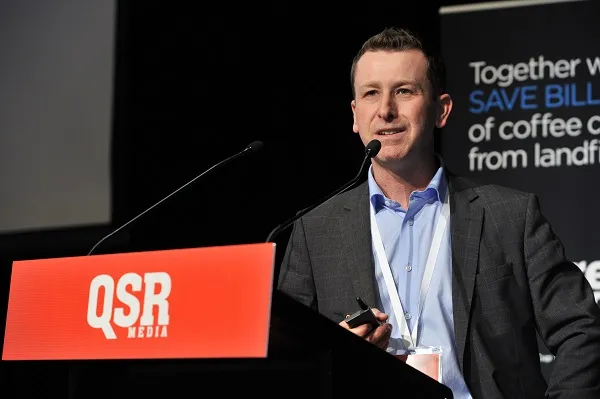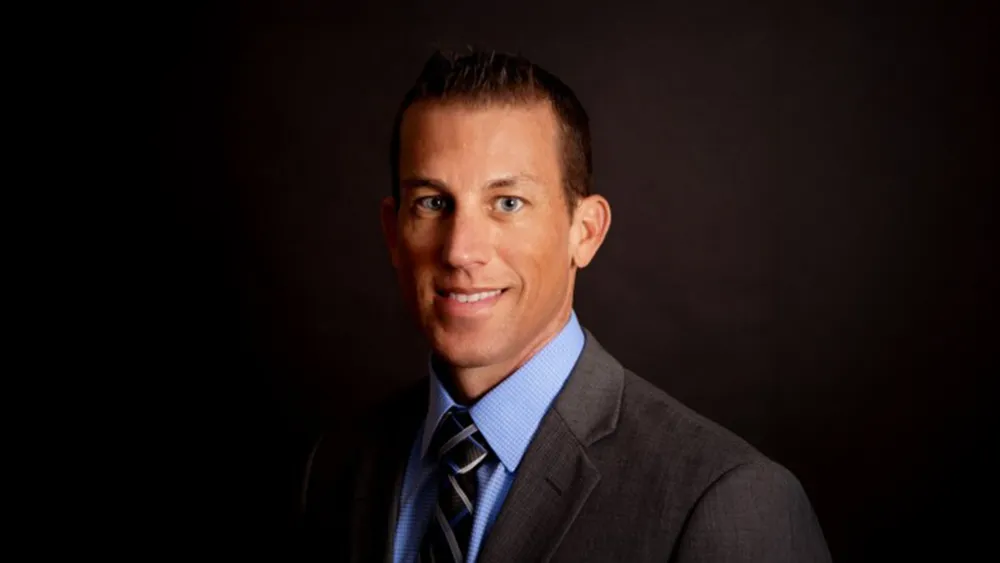
How QSRs can best respond during crisis situations
An expert details some key principles in crisis management.
Having pre-prepared responses, issuing the appropriate statement at the right time and avoiding speculation are some fundamental principles brands should keep in mind during crisis situations, according to communications specialist Todd Hayward of Telamon Consulting.
Speaking during the 2018 QSR Media Detpak Conference and Awards, Hayward explained the practicality of having responses for anticipated issues that could affect one's brand and emphasised that doing it is "very critical."
"If you haven't got a response drafted, then you are starting a long way back when you get a call from a media outlet, or a claim from a stakeholder or a rumour on Twitter," he said.
Specifically, mismanagement, harassment, bullying, poor investment decisions are some issues he noted that businesses should have a ready-made response. Hayward recommends to refresh such statements every six months.
"You should be able to draft 80% of your statement in the absence of facts and then add to the shell of a statement you have a clearer picture of what you are dealing with."
The holding statement, explained
He then explained the three parts of crisis management response: the operational response from external agencies or emergency services; the company's response in ensuring the welfare of its customers, employees and managing the business' continuity; and the communications aspect that ties everything together.
"In a crisis situation, the interest that is generated is through social media first and then through traditional media. That's the point when you need to get a holding statement out: you won't know all the answers, but you need to communicate as can't be silent a that point," he said. "By Day 2, people move on to why did that [incident] happen, how did that happen and who's responsible."
A holding statement, Hayward says, can be a statement of fact where a company would express its awareness of an issue; a statement of empathy that expresses concern for persons affected in an crisis; and a statement of action that would articulate how the company is moving to respond to the situation.
"It's not possible to go straight to your desired place, which is a whole lot of positive media coverage. You have to withstand the initial battering. You’ve then got to come back down, communicate with your stakeholders (and) staff, build good will and so eventually you come out to the other side."
Knowing the target audience
Hayward also recommends that companies should identify their weaknesses, know the target audience at each stage of a crisis situation and have the "right" spokespeople who can properly engage with the media. He also warns against speculative remarks during a period in the crisis situation where facts are not fully known.
"It's okay to go out there and say, 'Look, we're working to understand the facts and we'll provide you with more information as we have it but at the moment this is what we're doing.'"
He also advised QSRs to look out for more visual incidents and topical issues.
"You're going to be judged by your worst performing store, franchisee, or your loudest complainant and so unfortunately, you'll have to rely on good will from other supporters to recover," he concluded.
























